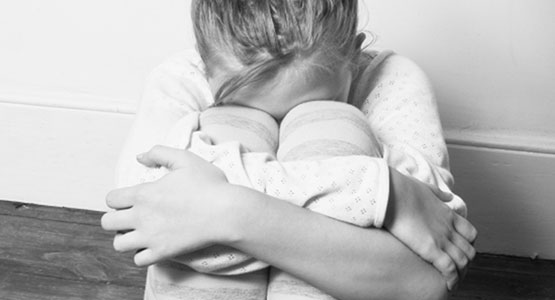We discuss the Scottish Government’s confirmation that it will introduce a new, specific offence of domestic abuse and strengthen the law against domestic abuse.
 Reports of domestic abuse are increasing. In Scotland in 2013/14 the Crown reported that there had been a 35% increase of crimes with a domestic aggravation reported to them since the previous year. This reflects 36,552 cases crossing the desk of the Procurator Fiscal where domestic abuse is recorded. Over 80% of the complainers are female but the statistics also show that the number of male complainers is increasing.
Reports of domestic abuse are increasing. In Scotland in 2013/14 the Crown reported that there had been a 35% increase of crimes with a domestic aggravation reported to them since the previous year. This reflects 36,552 cases crossing the desk of the Procurator Fiscal where domestic abuse is recorded. Over 80% of the complainers are female but the statistics also show that the number of male complainers is increasing.
The Scottish Government has confirmed that it will introduce a new, specific offence of domestic abuse and strengthen the law against domestic abuse through the Abusive Behaviour and Sexual Offences Bill.
Currently there are several criminal offences which cover domestic abuse:
- common law breach of the peace;
- statutory breach of the peace involving abusive or threatening behaviour;
- common law assault; and
- various offences under the Sexual Offences (Scotland) Act 2008 from rape to indecent assault.
For a complaint to be categorised as a complaint of domestic abuse, you do not need to be co-habiting or have been co-habiting in the past. You simply have to have been, or be, in a relationship.
The Scottish Government consultation on the offence of ‘domestic abuse’ looked at the inclusion of psychological abuse and controlling and coercive behaviour as a criminal offence. If this is introduced in Scotland it will extend the definition of criminal behaviour and seek to address situation where the cumulative effect of incidents can be dealt with by the courts. Legislation introducing a similar offence is about to be brought into force in England and Wales.
The new offence of ‘domestic abuse’ is likely to extend the category of case that can be dealt with by the criminal justice system. In this blog we want to provide anyone who is the victim of domestic abuse with some practical advice about what will happen when a complaint of domestic abuse is made to the police.
Practical Advice on what to expect when you report domestic abuse to the police
It is likely that if you make an allegation your partner or ex-partner will be spoken to by the police and if charged with a criminal offence, they are likely to be kept in custody until the next court day. If the procurator fiscal decides to prosecute, then your partner or ex-partner will appear from custody. If the charges are very serious, the procurator fiscal may ask that they are kept in custody pending a trial. More commonly, the procurator fiscal will ask for special conditions of bail to be fixed. If you are still co-habiting then your partner or ex-partner will have to find a new place to live and there is likely to be a condition that they do not approach you or attempt to contact you in any way. These conditions are likely to remain in force until a trial takes place which is likely to be some months in the future.
You will be notified about the trial date and cited as witness. You may be contacted by various agencies to offer you assistance including Women’s Aid, the local police domestic abuse team and the Victim Information and Advice service offered by the Crown. They will advise you what to expect going forward and can help to ensure your family’s ongoing safety. In general you can expect a much more joined up approach being taken to domestic abuse, and every allegation is treated seriously, in contrast to the way that some domestic abuse allegations were dealt with in the past.
You should note, it is the procurator fiscal who decides whether or not to bring a prosecution and therefore once that decision has been made, your complaint cannot be withdrawn i.e. you cannot ‘drop the charges’. The procurator fiscal will explain that the prosecution will proceed in the public interest. If you are cited as a witness and do not attend the trial without good reason, the procurator fiscal is entitled to seek a warrant for your arrest. The trial will be postponed and you may find yourself being arrested by the police and appearing in court. It is important that you attend court if cited.
Following an allegation of domestic abuse, the police should provide you with information about the support available from different agencies. If you have children the police are likely to make a referral to the social work department. The social work department will look into your case and decide whether your children are in need of their support or protection. Your children may also be referred to the Children’s Reporter.
This blog does not seek to discourage anyone from reporting domestic abuse and ensuring their own safety and that of their family. This is factual information about what to expect. BTO’s criminal lawyers are here to assist and to provide advice and assistance about the criminal justice system.





